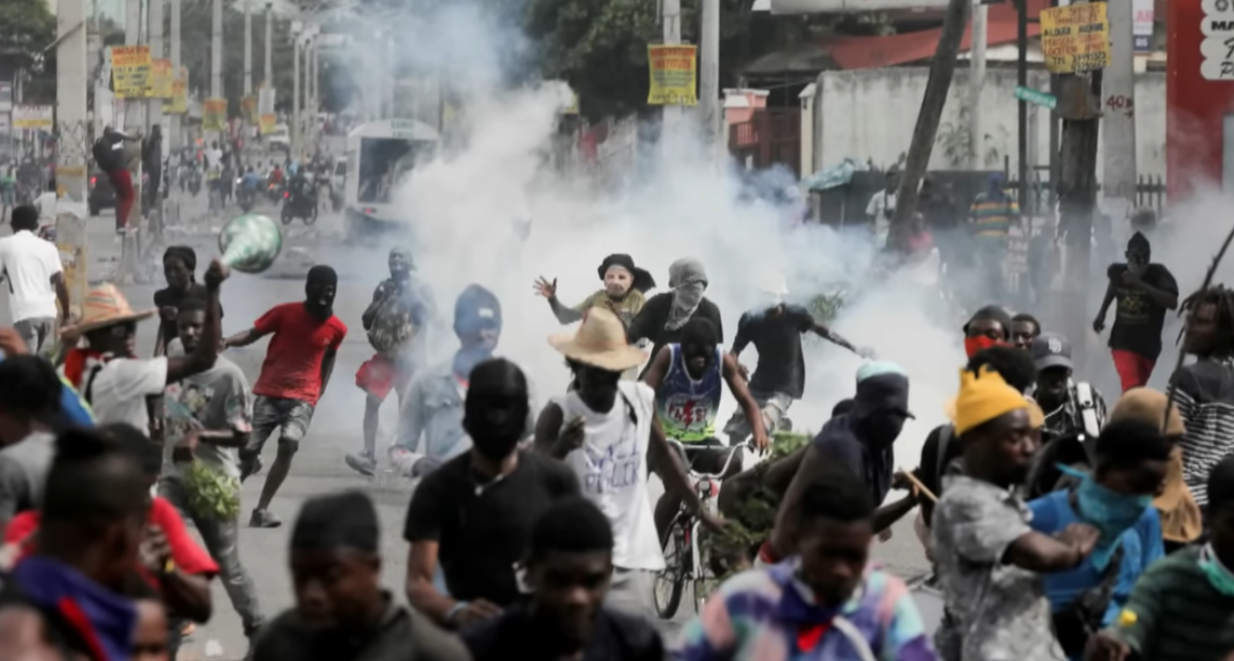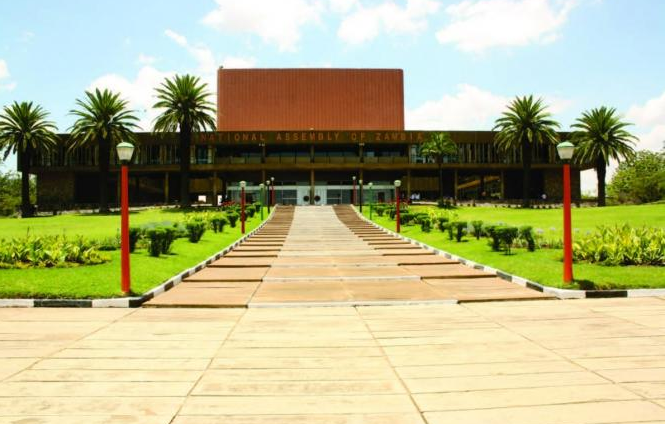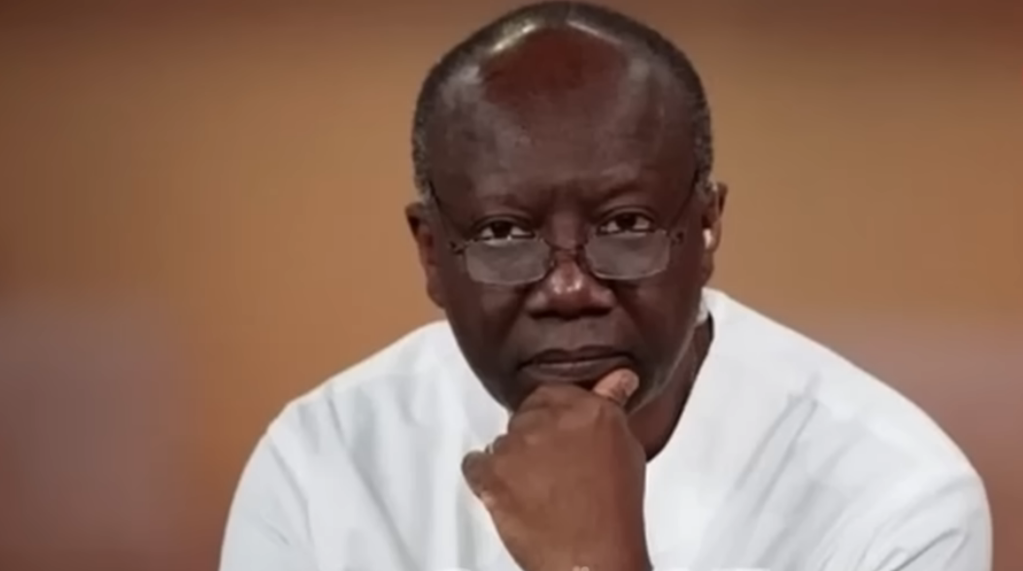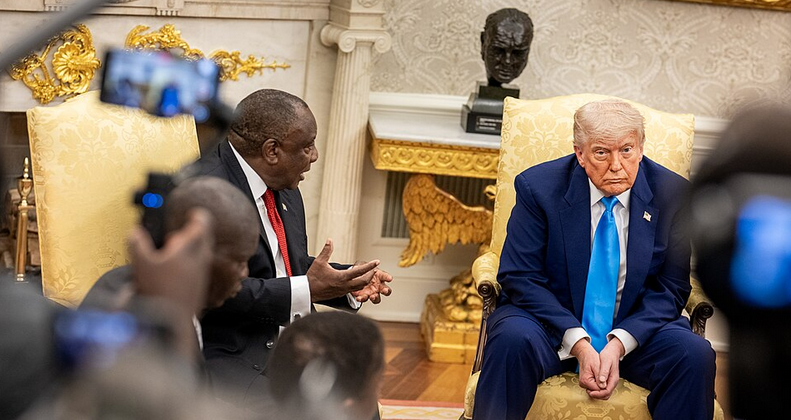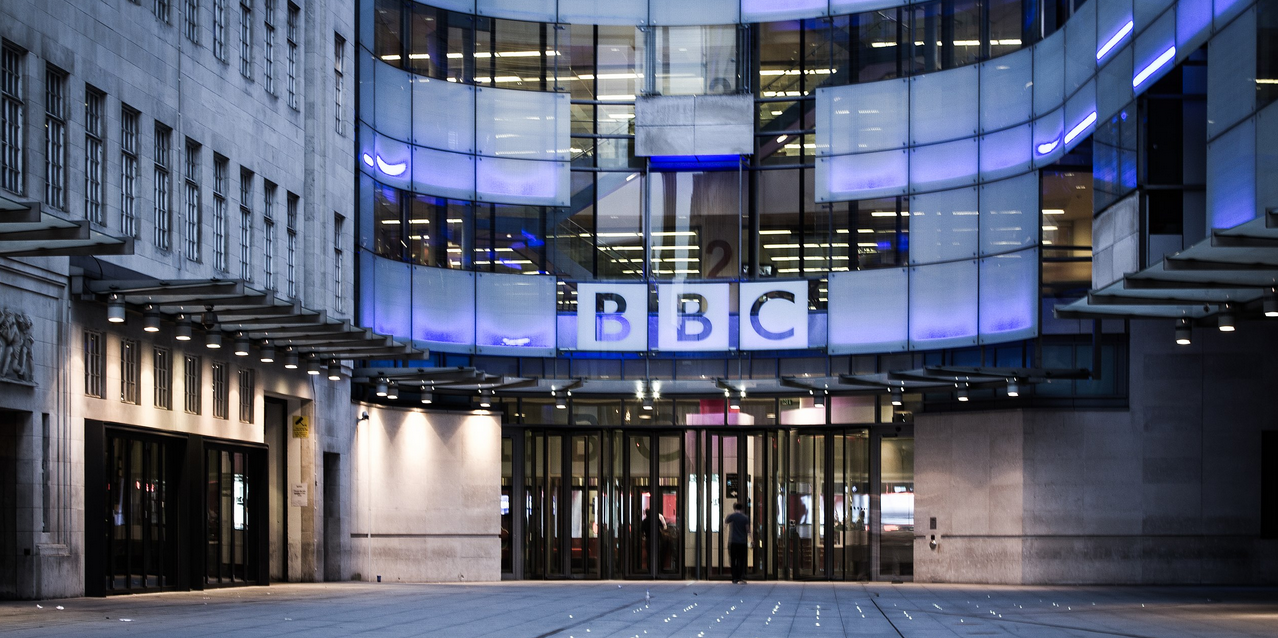By David Abdulah
Photos: CARICOM
The following is a summary of a four-page Open Letter sent on Friday February 23 to CARICOM Heads of Government prior to their meeting which starts in Guyana on Sunday February 25.

Prior to meetings of Heads of Government of the Caribbean Community, the Assembly of Caribbean People has taken the opportunity to communicate on important matters of regional concern. In our latest Open Letter we identified:
- CARICOM’s important and principled position against the illegal and illegitimate commercial, financial and economic blockade of Cuba, which we expect will be once again reiterated
- The issue of the genocide of Palestinians, and hoped that CARICOM would make a strong, unequivocal statement on this
- The Venezuela and Guyana border conflict and expressed congratulations for the initiative of the convening of a dialogue by the Prime Minister of St. Vincent and the Grenadines to reduce tensions which dialogue resulted in the Declaration of Argyle, was a welcome and fruitful intervention. Further, we stated that we looked forward to the strengthening of the process of dialogue on this crucial issue, given that it has been reported that the President of Brazil will be in attendance. We insist that the Caribbean is and must remain a Zone of Peace.
The issue that is of great concern to us at this time is the situation in Haiti.
The military occupation by MINUSTAH was an affront to the dignity of the Haitian people who have great pride in their history as a people who defeated colonialism, ended their enslavement and won their independence. In addition, Haiti has had to contend with a group of self-appointed colonial “rulers” – the Core Group comprised in the main by the US, France and Canada.
We are very deeply concerned that CARICOM is about to make decisions that will stain its proud history as a regional integration movement that has stood on principle on matters of international relations, and besmirch its recognition of non-interference in the internal affairs of a sovereign state and the right of a people to self-determination.

The facts speak for themselves.
- Haiti does not have a legitimate government. Ariel Henry may be the de facto Prime Minister but he was not elected. He was essentially installed by the “Core Group”. There is no president and no parliament. Henry therefore cannot make commitments to regional and international bodies for and on behalf of the Haitian people.
- The situation surrounding the assassination of the then President Jovanel Moise suggests that many in the Haitian political elite may have been/were involved. The recent indictments of Moise’s wife, a former Chief of Police and Prime Minister Claude Joseph are indications of this, as are the charges and/or convictions brought against other members of the economic and political elite class both in the US and in Haiti.
- There have also been sanctions imposed by Canada on former President Michel Martelly and two of his former Prime Minister for financing gangs. The rise of and the power of the gangs is directly related to the political and economic elites. Many also point to the US being complicit in the violence and the return by the US to Haiti of a former person involved in violent activity – Guy Phillipe – supports this view. Martelly, Joseph, Moise and Henry are all connected to and/or support and/or have led the same political party – the PHTK. The current crisis in Haiti therefore cannot be disentangled by the actors – Haitian and foreign – that are responsible for its creation.
- The same can be said of the Core Group that have been the de facto controllers in Haiti. The flow of weapons and ammunition into Haiti from the US has being going on for years with only minimal efforts by the US to stop this. Like in other CARICOM states, it is these weapons that gangs use to kill and carry out other violent crimes. The Haitian National Police (HNP) is being gutted by the US policy on migration. Two years ago the HNP had an already low number of 12,000 officers for a nation of 12 million people. Today, as a result of the US policy, thousands of Haitians have migrated to the US including badly needed medical professionals and some 3,000 police officers, leaving the HNP with less than 8,000 officers. The conditions for restoring the HNP to proper strength is what is required, not a multinational security mission. Similarly, resources are needed to secure Haiti’s borders. Haiti has a coastline of 1770 kilometres yet the HNP has one non-operational boat to conduct patrols.
- In spite of this reality, CARICOM is seeking to find a “solution” to the Haitian crisis with the very actors that created the crisis. According to the Minister of Foreign Affairs of Guyana Hugh Todd, who was interviewed on a Trinidad and Tobago tv station – CNC3 – on February 21st, there will be a special session of your Heads meeting to discuss Haiti and at that meeting will be representatives of the US, Canada and France and that Ariel Henry will also be present. Any outcome of such a meeting will be in the interest of those who created the crisis and certainly not the Haitian people!
- The US is clearly orchestrating Haiti’s future. Thus, just over a week ago there was a three-day meeting in Washington between officials of the governments of the US, Kenya and Haiti, which meeting according to press reports was to plan for the deployment of a multinational security mission to Haiti. This “multinational security mission” is supposed to be a UN mandated mission. Clearly, the UN is a fig leaf for the US and other members of the Core Group, which do not want to initiate the actions themselves.
- Furthermore, Under Secretary of State Uzra Zeya is visiting two CARICOM member states this week – Jamaica and Belize – in order to “meet with close partners to engage on the Haiti Multinational Security Support mission”. So the die is being cast: planning meeting in Washington; visits to close partners; then meeting with CARICOM heads.
- All this is taking place against the fact that the Supreme Court of Kenya has ruled that Kenya cannot send police to Haiti as that would be unconstitutional. In spite of this, the US is pushing ahead. The Washington meeting sought to arrive at some “MOU” between the illegitimate Henry regime and the Kenyan government that would somehow circumvent the latter’s Supreme Court judgment. CARICOM should take this Court judgement as an opportunity to reverse its decision to support a military security mission.
- At stake for Kenya is some US $100 million pledged by President Biden to Kenya in support of it sending 1,000 police officers to Haiti. Kenya’s offer to send a military force is not about Pan Africanism, it is about money. At stake for Henry is his continuing in office in order to have an illegitimate and perhaps unconstitutional Electoral Council hold elections, through which the corrupt PHTK and the Haitian elites can maintain political power. At stake for the US and the Core Group is the continuation of their neo-colonial access to Haitian resources.
- CARICOM’s Eminent Persons Group, which was a positive initiative has become bogged down and is losing credibility. Key to this, is the position taken by the EPG and/or CARICOM that any transitional government must involve Ariel Henry. Henry, in the view of very many – if not the vast majority – of Haitians must go for there to be a resolution of the crisis. Recent mass demonstration in Haiti with the people demanding that Henry must go is an indication that Henry must have no role in any transitional governance arrangements.

We urged the Heads to proceed with great care and attention on the issue of Haiti and the role of CARICOM. CARICOM must not be seen to give effect to the neo-colonial and imperial agenda of the US, France and Canada. They are not genuinely interested in the well-being of the Haitian people.
We call on you to use this meeting with the Core Group and Henry to press an agenda that is in the interest of the Haitian people:
- The stepping down of Ariel Henry as de facto Prime Minister and ending the legitimacy given to Henry by CARICOM
- The establishment of a legitimate transitional government and other governance arrangements
- The stopping of the flow of arms into Haiti
- Breaking the control that the drug traffickers and other corrupt sections of the Haitian elite have over the political system
- Ensuring that there is no external military intervention or invasion
- Investment in and strengthening the capacity of the Haitian institutions, including the HNP, to deal with the gangs
We are confident that the proposals by the Montana Accord are not only workable but can establish the environment in which the Haitian people in fulfillment of their right to self-determination and in recognition of their sovereignty, can overcome the gangs and the violence and restore Haiti to a path of democracy and dignity.
The Assembly of Caribbean People
David Abdulah
For and on Behalf of the Regional Executive Committee
- David Abdulah, Trinidad & Tobago
- David Denny, Barbados
- Camille Chalmers, Haiti
- Robert Sae, Martinique
- Pedro Franco, Dominican Republic
- Hilda Guerrero, Puerto Rico
- Cuban chapter of ACP, Cuba
- Claudette Etnel, Suriname
